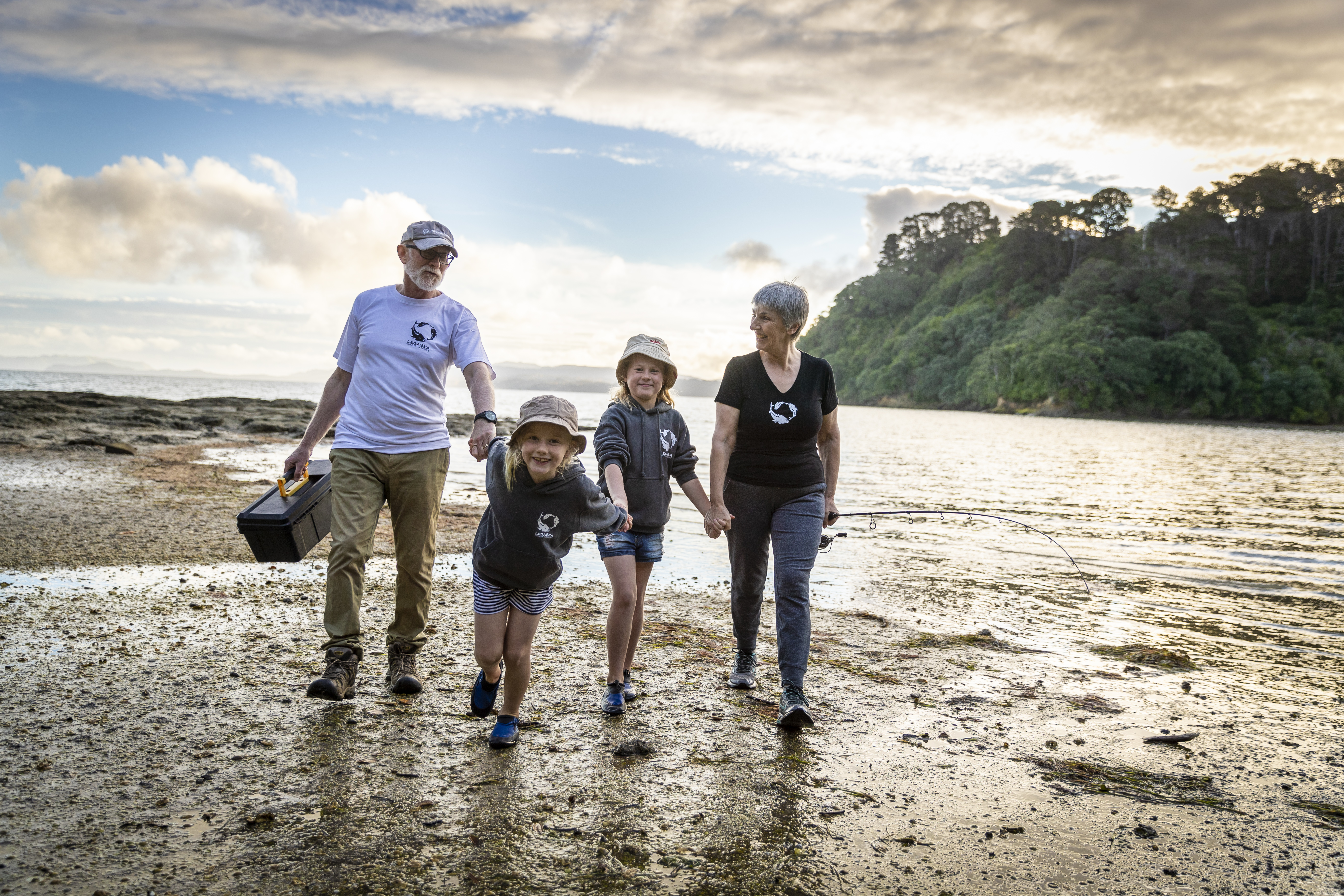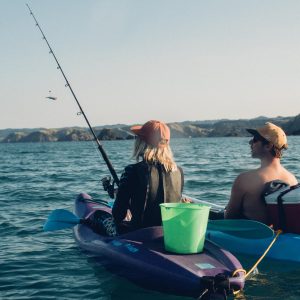LegaSea is intrigued by MPI’s reaction to the most recent report of recreational harvest estimates. Since 2012 total recreational catch of finfish is down by 19% and shellfish and other non-finfish species catch has reduced by 41%.

On the day the harvest estimate report was released MPI ignored those details and instead made out that recreational fishers are catching more today than 30 years ago.
Thirty years ago there were no reliable estimates of recreational catch and they would be of no relevance anyway.
MPI has just spent millions on the recent research by reputable organisations such as NIWA and NRB. On behalf of the Ministry they repeated the research methods used in 2012. Those methods have received international recognition as being high quality.
Experts have agreed that the methods used in 2012 (and now 2018) are robust, producing reliable results that are suitable for use in management decisions. A scientific paper describing the methodology was published in the prestigious peer reviewed Fisheries Research in 2018.
The reductions in recreational harvest ought to be a concern for a Ministry charged with fulfilling the Minister’s statutory obligation to manage fisheries sustainably “to enable people to provide for their social, economic and cultural wellbeing”.
Another concern is that there are fewer people fishing and the total number of fishing trips has reduced by more than 20%.
It is misleading for MPI to make out that recreational fishing is somehow out of control when the truth is quite different. MPI have just spent at least five million of our hard earned dollars on this research. The least MPI ought to do is give credit to NIWA and NRB for doing such a good job in capturing a snapshot of our quintessential Kiwi lifestyle.
More info
Results – Recreational harvest survey 2017-18





